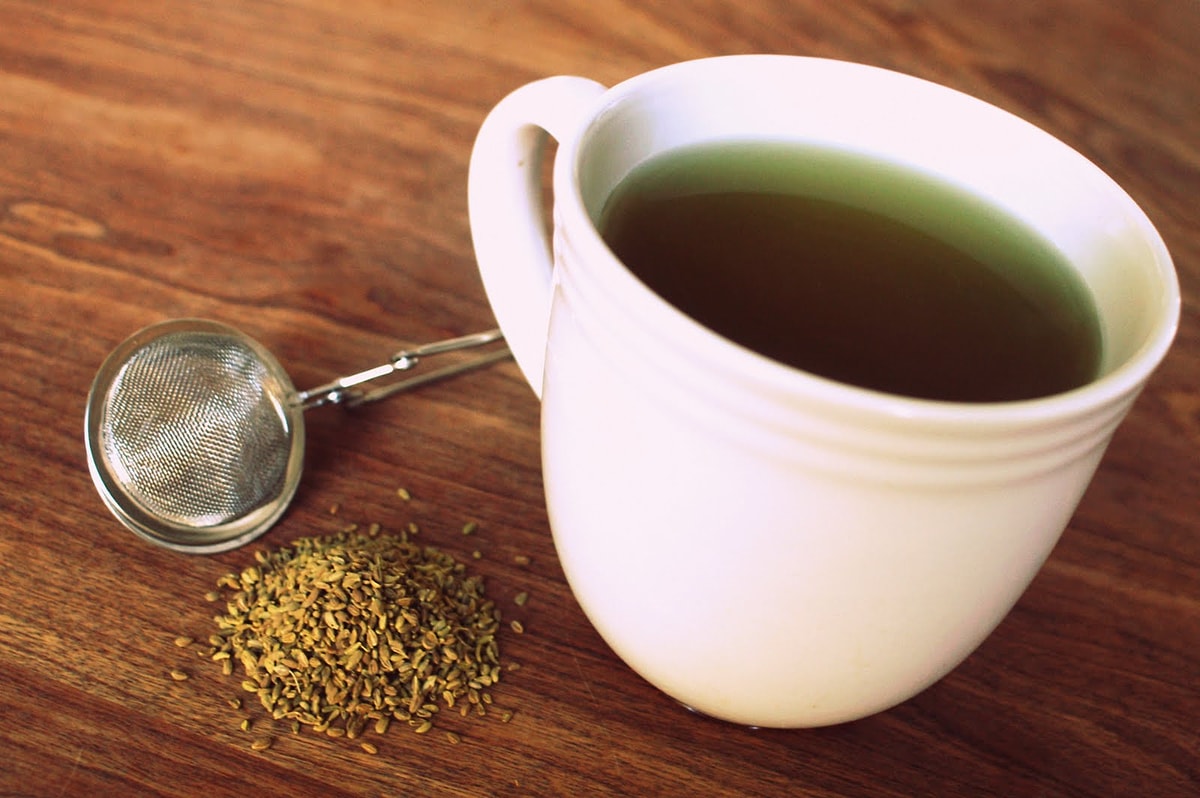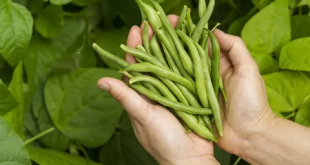Anise tea is a herbal beverage brewed from the seeds of the anise plant (Pimpinella anisum). Known for its licorice-like flavor, this tea has been cherished for centuries for its distinctive taste and medicinal properties.
Tea has become an integral part of daily life for many Americans. In the United States, tea culture is shaped by a mix of historical influences, regional preferences, and a growing interest in health and wellness. Anise tea is one of the tea beverages common in the USA. Let’s explore everything you need to know about the Anise drink.

How Anise Drink Is Made
Making tea with anise is simple and requires minimal efort. Typically, dried anise seeds are steeped in hot water for 5–10 minutes. The resulting brew is flavorful and aromatic, offering both culinary pleasure and health benefits.
Health Benefits of Anise Tea
Tea made of anise seeds is not just a delightful drink—it’s a powerhouse of health benefits.
Digestive Aid
Anise is good for aiding digestion. It helps reduce bloating, gas, and indigestion, making it an excellent post-meal beverage.
Relief for Cold and Flu Symptoms
The tea’s soothing properties can alleviate sore throats and ease coughs. Its mild antibacterial qualities may also help ward off infections.
Stress and Anxiety Reduction
Drinking anise beverage has a calming effect on the mind. Its natural compounds help relax the nervous system and reduce stress.
Nutritional Composition of Anise Beverage
Vitamins and Minerals
Anise drink is rich in essential nutrients like vitamin C, calcium, and iron, which support overall health.
Key Active Compounds
The tea contains anethole, a bioactive compound responsible for its signature licorice-like flavor and numerous health benefits.
Culinary Uses and Recipes
The tea isn’t just brewing a hot cup. Its versatility makes it a star ingredient in many recipes.
Traditional Anise Tea Recipe
To make a traditional anise drink, crush one teaspoon of anise seeds, add them to boiling water, and steep for 10 minutes.
Variations and Pairings
Pairing an anise beverage with honey or cinnamon enhances its flavor profile, creating a more indulgent experience.
Cultural Significance in Mediterranean Cultures
In Mediterranean countries, this tea is more than just a drink—it’s a cultural tradition, often shared during social gatherings.
Symbolism and Rituals
Historically, this tea has been used in rituals for its perceived ability to purify and protect.
Side Effects and Precautions
Who Should Avoid Anise-Made Tea?
Pregnant women and individuals with allergies to anise or related plants should consult a doctor before consumption.
Interactions with Medications
Anise tea may interact with certain medications, such as blood thinners. Always check with your healthcare provider.
FAQs
What does anise drink taste like?
The tea has a sweet, licorice-like flavor with a hint of spiciness.
Can you drink anise beverage every day?
Yes, but moderation is key to avoiding potential side effects.
Is this tea safe for children?
It’s generally safe in small amounts but consult a pediatrician first.
How does anise seed tea compare to fennel tea?
Both have licorice-like flavors, but fennel tea is milder and less sweet.
Can anise tea help with menstrual cramps?
Yes, its natural compounds can help relieve menstrual discomfort.
Where can you buy high-quality anise-made tea?
High-quality anise tea is available at health stores, specialty tea shops, and online.
Conclusion
Anise tea is a timeless herbal beverage famous for its distinctive licorice-like flavor and impressive health benefits. From aiding digestion and relieving cold symptoms to reducing stress, this tea offers a natural solution for wellness and relaxation. Its rich history, rooted in Mediterranean cultures, adds to its allure, making it more than just a drink—it’s a part of tradition.
Read More: Before News



